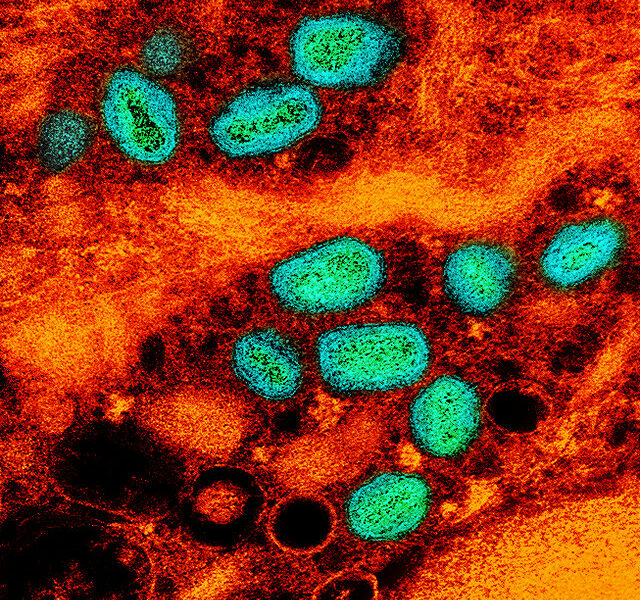A report issued by the UN High Commissioner on Refugees (UNHCR) has announced fears that the agency may not be able to control the ongoing outbreak on Hepatitis E in South Sudan’s refugee camps. With an anticipated influx of thousands of refugees plus a lack of funding, officials believe the outbreak will only continue to expand.
The disease has already infected more than 1000 people and killed 26 located in the camps of the Upper Nile and Unity states. There are currently about 175,000 refugees with thousands more expected to arrive from the states of South Kordofan and Blue Nile as the roads clear up with the end of the rainy season.
Hepatitis E is a viral infection that is transmitted through the fecal-oral route, often through contaminated water. Symptoms, including fever, fatigue, loss of appetite, nausea, jaundice, abdominal and joint pain, usually appear between 15 and 60 days after infection. While many infections cause mild to no symptoms, some cause acute illness. There is currently no specific treatment for the disease.
The UNHCR is working with the CDC on prevention efforts including water testing and hygiene surveys in the community. Spokesman Adrian Edwards emphasized, "We are promoting better hygiene practices through hundreds of trained community workers. In all camps this community outreach exercise includes active case finding."
However, the organization is struggling to maintain refugee camp health standards of 15-20 liters of clean water per person per day, along with a maximum of 20 refugees per latrine.
Edwards explained that the agency’s budget is simply not adequate to deal with the projected outbreak. "UNHCR needs a minimum of US$20 million until the end of the year to keep up basic life-saving activities. Of our revised appeal for US$186 million, only 40 per cent has been received so far.”
The situation has already worsened dramatically since mid-September. At that time, HealthMap reported only 380 cases and 16 deaths from this outbreak. Globally, there are 20 million cases each year and 70,000 deaths.
A vaccine for Hepatitis E was registered in China in 2011 but is not yet globally available. Experts recommend prevention through maintaining a clean water supply, practicing good hygiene when handling food, and avoiding uncooked produce in areas where the disease is endemic.

